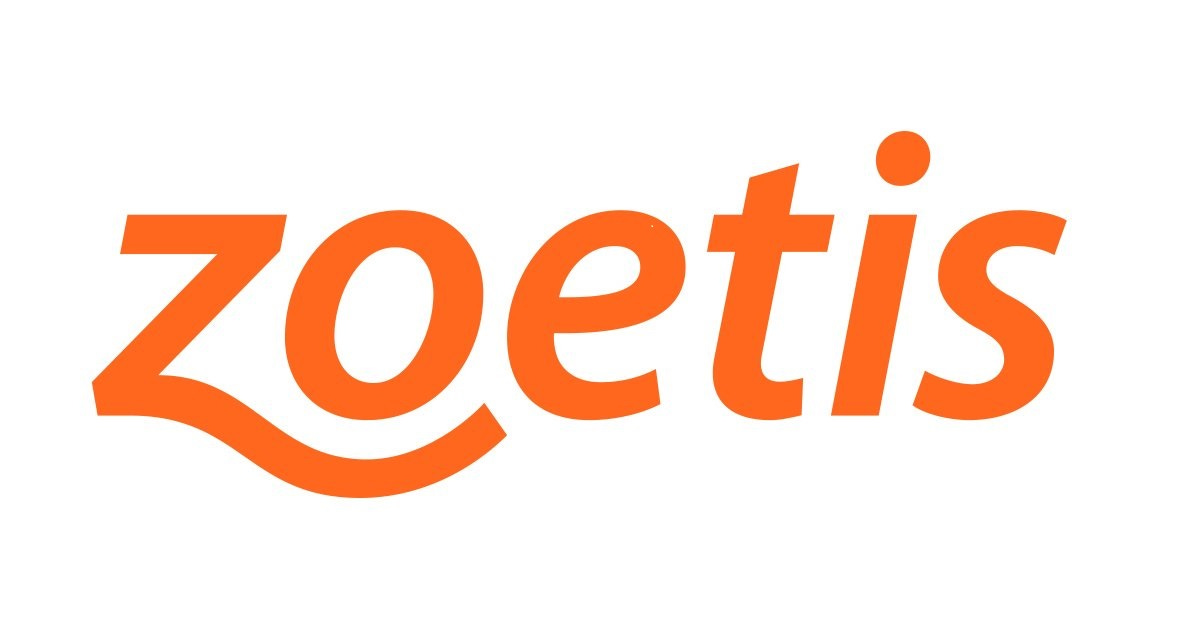Zoetis is the world’s leading developer of vaccines and medications for pets and livestock. The company was founded in 2013, but its roots date back to 1950, when researchers at Pfizer (Zoetis' former parent company) discovered that oxytetracycline could also be used to treat bacterial infections in livestock. In 1952, Pfizer created the animal health division that now gives name to the company derived from the word “zoetic,” which means “pertaining to life.” In 2022, Zoetis brought in almost $8.1 billion in revenue, with the US accounting for half of the business. The companion animal and livestock segments accounted for 65% and 35% of total revenues, respectively.
Over the last decade, the industry as a whole has grown at a CAGR of 5.8%, but Zoetis has managed to consistently grow above the market. The increase in world population, the development of the middle class in emerging countries and urbanization are all megatrends that have favored this growth, but the main reason why Zoetis has become a key supplier for its customers is because it has learned how to best fit their needs, innovate and produce new solutions on a large scale to improve pet quality of life, clinic efficiency and livestock productivity.
The animal health industry is $150 billion in size, but Zoetis is the leader in the $45 billion market for medicines, vaccines, diagnostics, biodevices, genetics and data analytics. It includes both livestock and companion animal segments, and is an attractive industry, above all, because it has historically demonstrated remarkable resilience. Between 2008 and 2010, the industry grew at an average CAGR of 5%, basically because people consume animal protein even during the most uncertain times, and because they prioritize the health of their pet over any other expenses that are more discretionary. Although they may opt for cheaper meats, this does not impact Zoetis much, because the company produces medications for multiple animal species. Furthermore, the companion animal side is more recurrent and predictable since a large chunk of the products are intended to treat chronic conditions. Pausing treatment has a direct and almost immediate effect on the well-being of the pet and consequently on its owners, who see the animal as part of the family.
According to a study by HABRI (Human Animal Bond Research Institute), 86% of owners would spend “whatever it takes” on their pet's health. Zoetis also sponsored several surveys in different countries to measure the impact of the emotional bond between owners and pets on their spending. 95% of the owners surveyed see their pets as another member of the family, and if faced with a 20% decrease in budget, they would not spend less on their pets. The percentage of households with pets in the US has increased from 56% in 1988 to 66% in 2023, and 35% of said households have at least two animals. Pets, who used to live in the backyard, have long been sleeping in their owners' beds, and in addition, new generations pay greater attention to their well-being (50% of owners today are either millennials or generation Z). According to Asda Money, half of owners surveyed say they worry more about their pet's health than their own. The interesting thing for companies like Zoetis or IDEXX Laboratories (you can read my thoughts on the latter here) is that once owners reach a certain standard of care, it is very difficult for them to go backwards.




